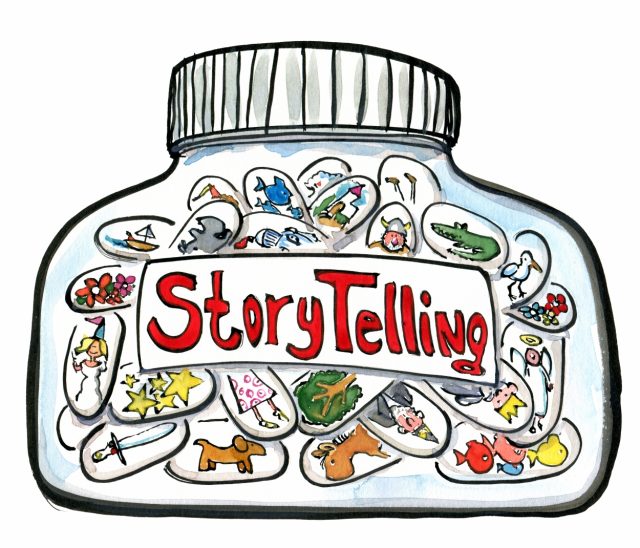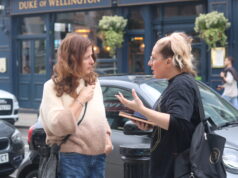


Brand Equity recently released an article on the importance of story telling in experiential, read on below for a snippet of the article.
Thank you for reading this post, don't forget to subscribe!Can you still recall the bedtime stories that you were told in childhood? Or the incident behind the scar on your arm? We, as a species, thrive on stories. At the slightest hint of an opportunity, we greedily consume them and share them. From a murder ‘story’ that gets reported in the papers to the WhatsApp chat with your friend who shares succulent details of her date last night, we consume stories day and night. Even our dreams aren’t spared.
They are, after all, vessels of ideas, emotions and values that help everyone connect.
Marketing, too, is an art of narrating stories of a brand so that the consumer buys your version of reality. The mass marketing strategy has reigned supreme time and again, thanks to the endless campaigns we have heard and seen in print, radio and television. Alas, all have been one-sided and enthral an audience that you cannot see or hear back from. All you get is the sales figures that some call response.
The challenge currently is that you need to narrate a story where the consumer becomes the narrator, is the protagonist and can be the commentator. This way he needs to be a part-owner of this story (thanks to Facebook, Twitter, Instagram and Snapchat).
This is where brands like Coca-Cola, Cadbury, Samsung, Uber, Redbull, Adidas, and Go Pro enter and comprise the leading pack in the world of marketing.
Who can forget the Coca-Cola Small World Machines? The path-breaking idea of letting people of two different countries — such as India and Pakistan — bond with each other had social media abuzz. The idea was simple — to let people touch hands and trace a peace or love symbol together and the coke vending machine would pop out a can. This translated into an experience of a lifetime. The campaign was clever — use the best of technology (real-time 3D projection) but base it on a shared belief or value, like in this case, it is to spread friendship and love.
The Atlanta-headquartered marketing agency SuperGroup cut through the noise by telling the consumer that the brand shares his/her values. That’s what experiential or engagement marketing is all about. Through this strategy, the marketer is not only able to penetrate the online world of the consumer through his offline experiences, but create real equity and gain true virality of content.
This is why the marketing world has shifted from gauging their efforts in Return on Objective (RoO) than the conventional Return on Investment (RoI). As marketers, everything we strive to create may not be tangible or translatable in sales figures. The objectives that drive us are to build brand awareness, establish expertise, or to simply, get leads. Through experiential marketing, we can measure the extent to which we have achieved our objective and not a target revenue figure.
For the full, original article, please click here.













